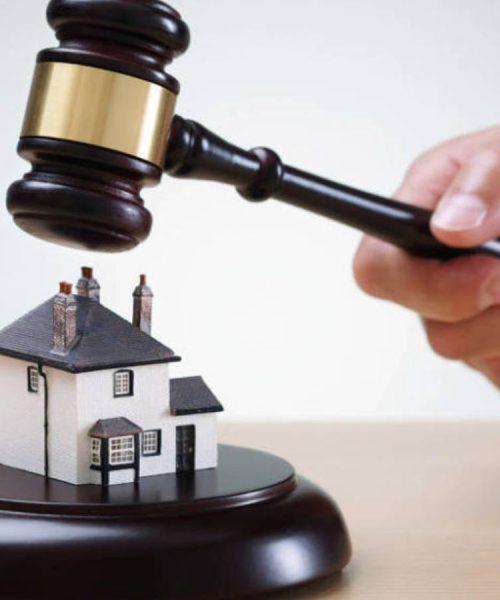FORECLOSURES
Do you want to oppose and stop foreclosure?

Foreclosure is a specific procedure established in the Civil Procedure Law, by means of which the creditor entity can terminate the loan by foreclosing and take possession of the property subject to the mortgage.
The procedure is divided into two phases: the extrajudicial phase and the judicial phase.
The extrajudicial phase is the first phase, in which the bank requires the debtor to pay the debt, by means of a burofax or registered letter, giving the debtor a term to pay and warning that if the debtor does not do so, it will initiate the judicial process.
The judicial phase is when the bank files the foreclosure lawsuit in the court of first instance where the property subject to the mortgage is located.
Once the claim has been received, there is a period of 10 days to oppose the execution. The grounds for opposition include the existence of abusive clauses (e.g., floor clause, mortgage expenses, late payment interest, etc.).

There are several options to stop a foreclosure and garnishment, among them the best is the payment of the debt, but we can find other options such as:
- Reach an agreement with the financial entity (dation in payment, grace period, etc.).
- Adhere to the code of good practices.
- Proof of being part of a vulnerable group (over 60 years of age, family with minor children, disability, etc.).
- Enervate the mortgage action, the debtor becomes current with payment.
Everything will depend on the court where the case is heard, but this is a slow procedure that can take an average of 3 to 4 years.
From PK Abogados, we recommend that, if you have received a letter from the bank requiring you to pay or a foreclosure lawsuit, you get in touch as soon as possible with expert lawyers in the field, who will advise you, help you to stop the procedure and obtain the best solution.
Need help?
Fill out the contact form and we will contact you as soon as possible.
Remember, if your inquiry is urgent, you can call us directly:
